Get in touch today and receive a complimentary consultation.
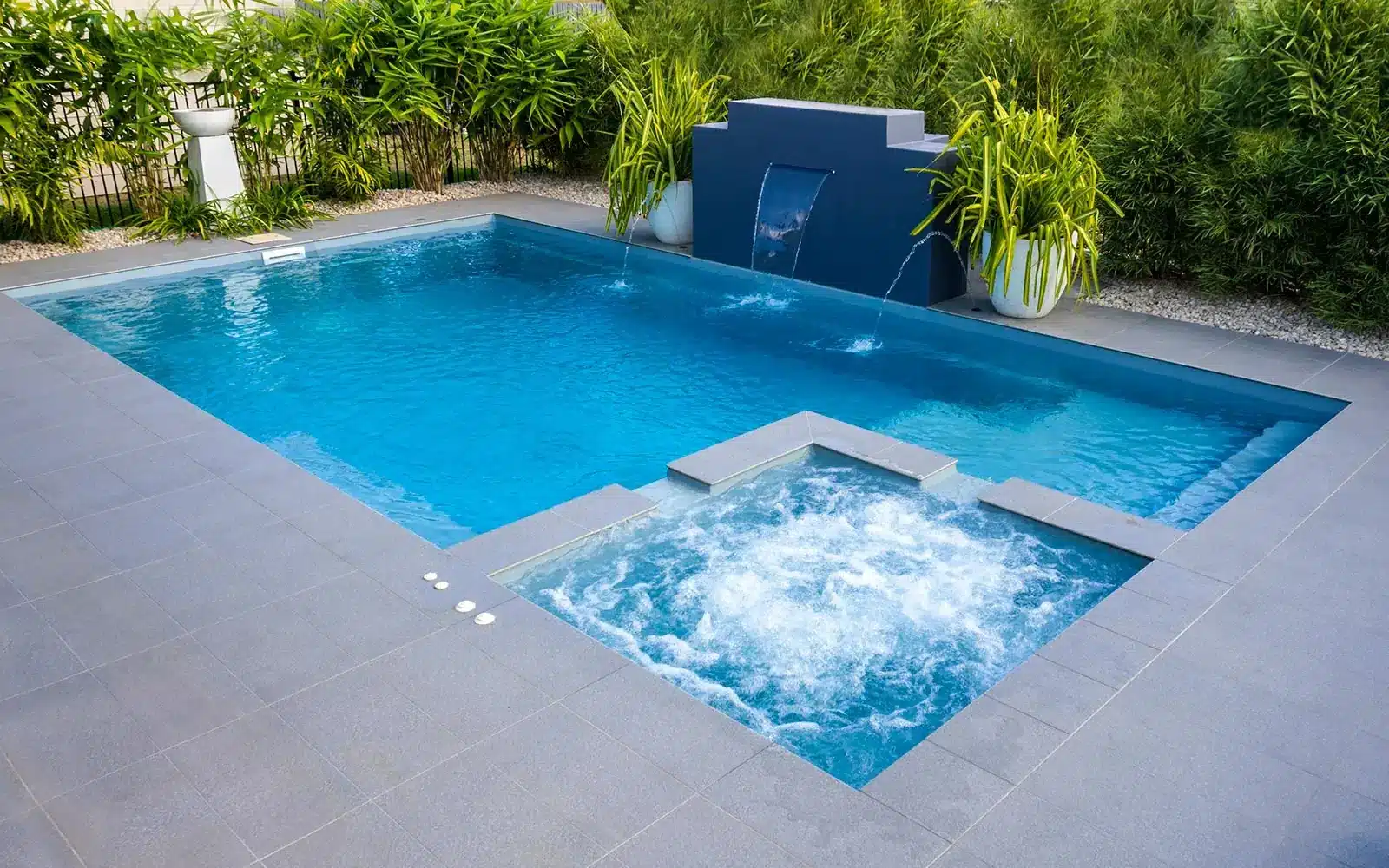
Available in 3 sizes 8m-12m
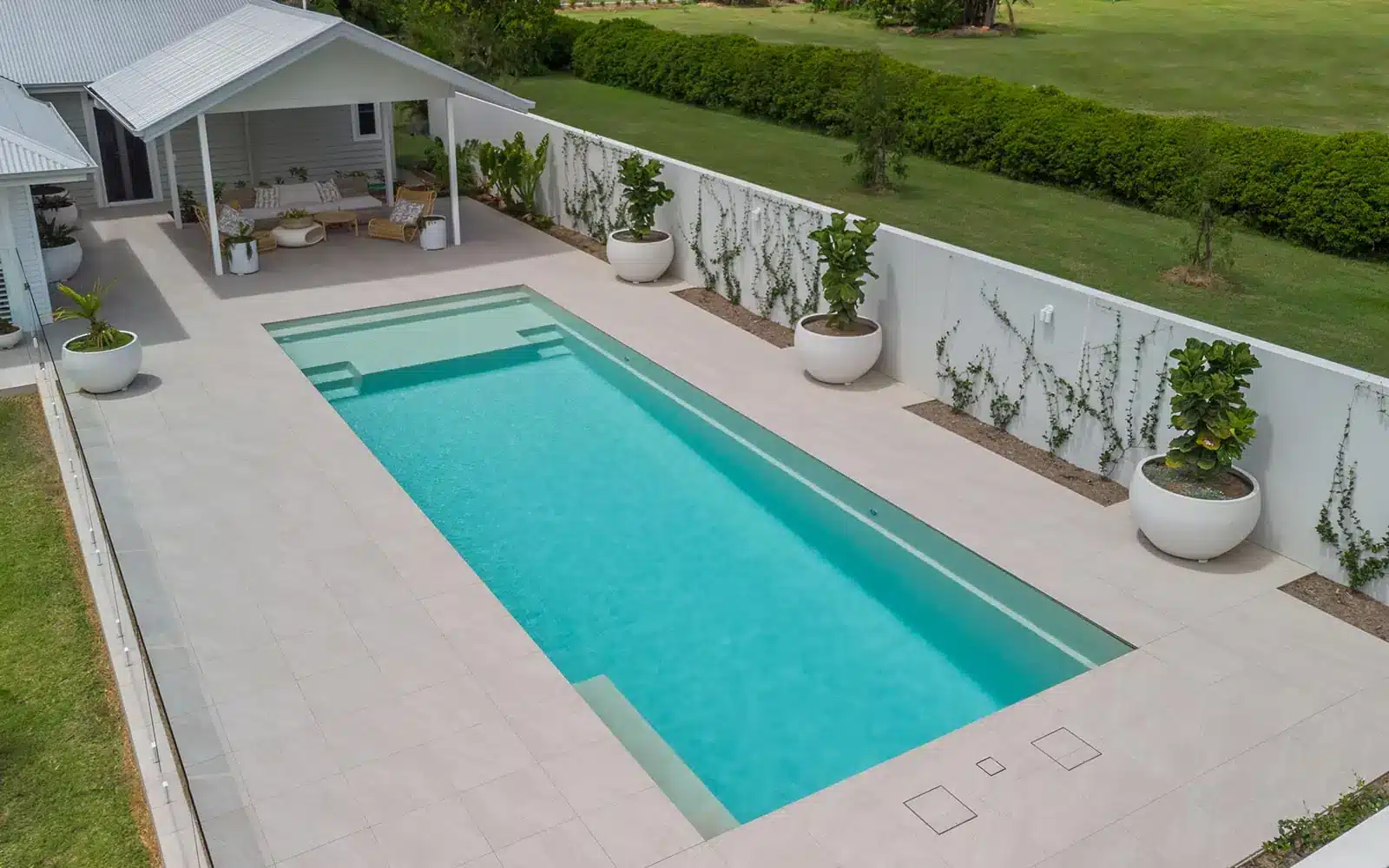
Available in 3 sizes 8m-12m
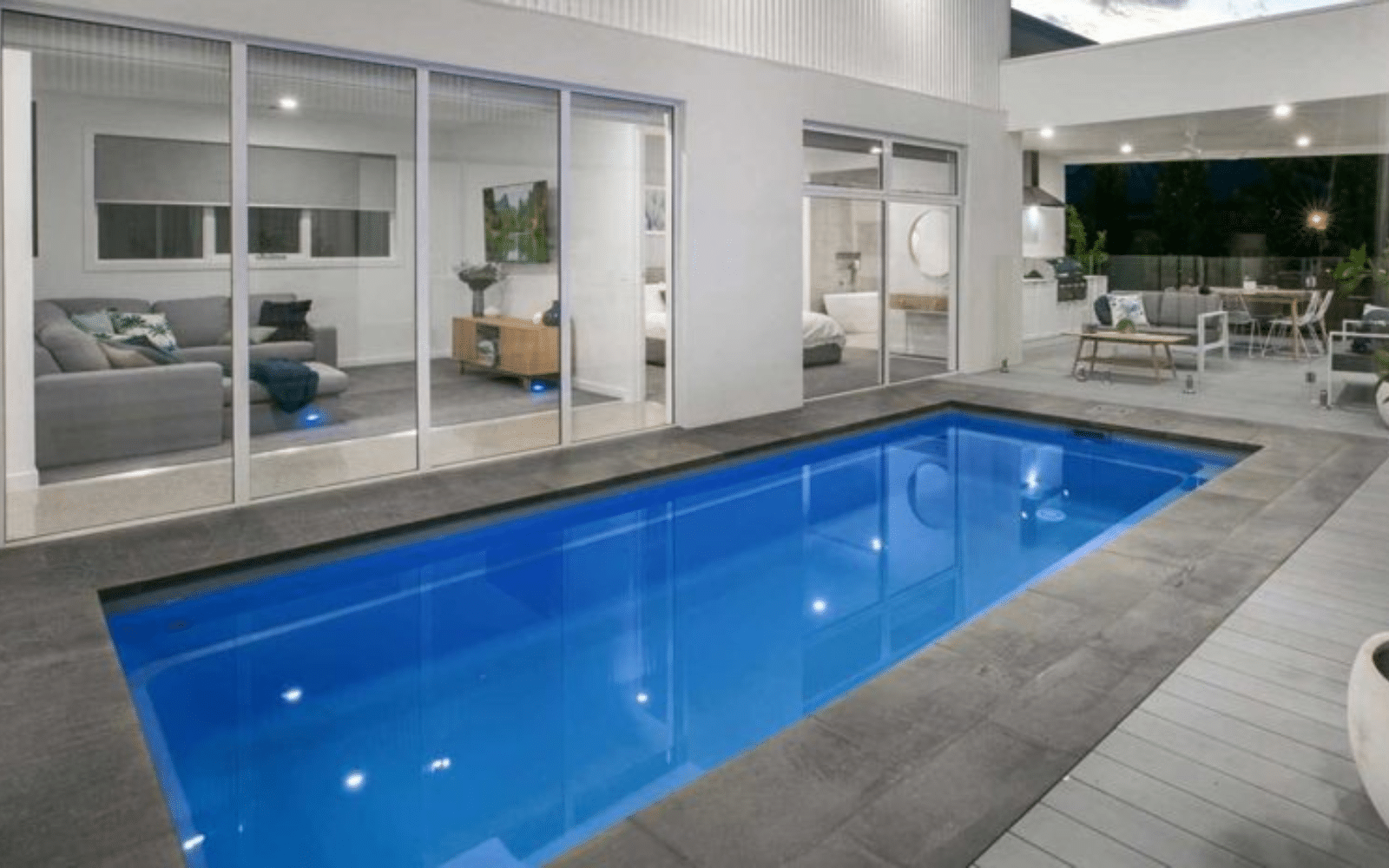
Available in 4 sizes 5m-8m
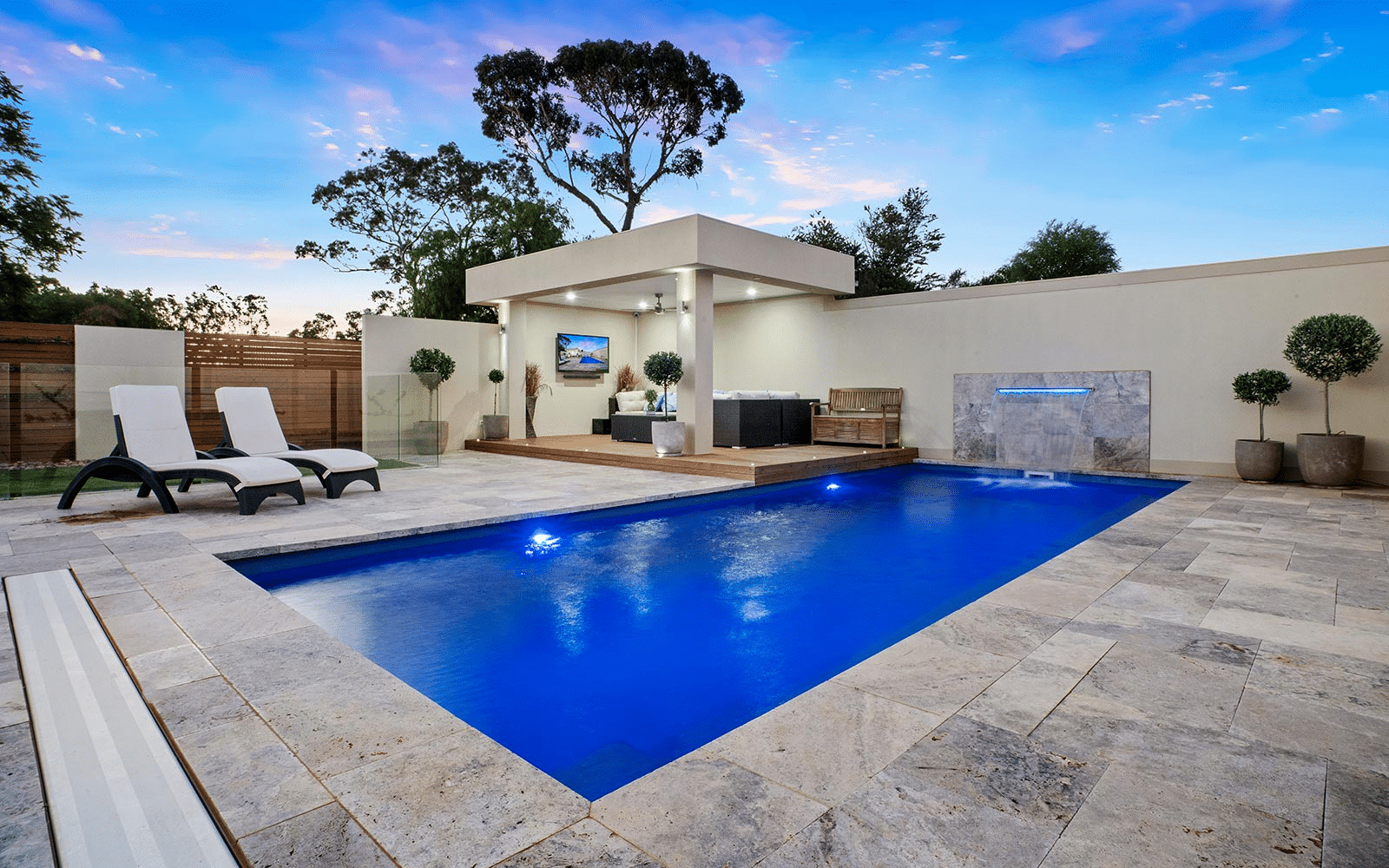
Available in 5 sizes 6m-10m
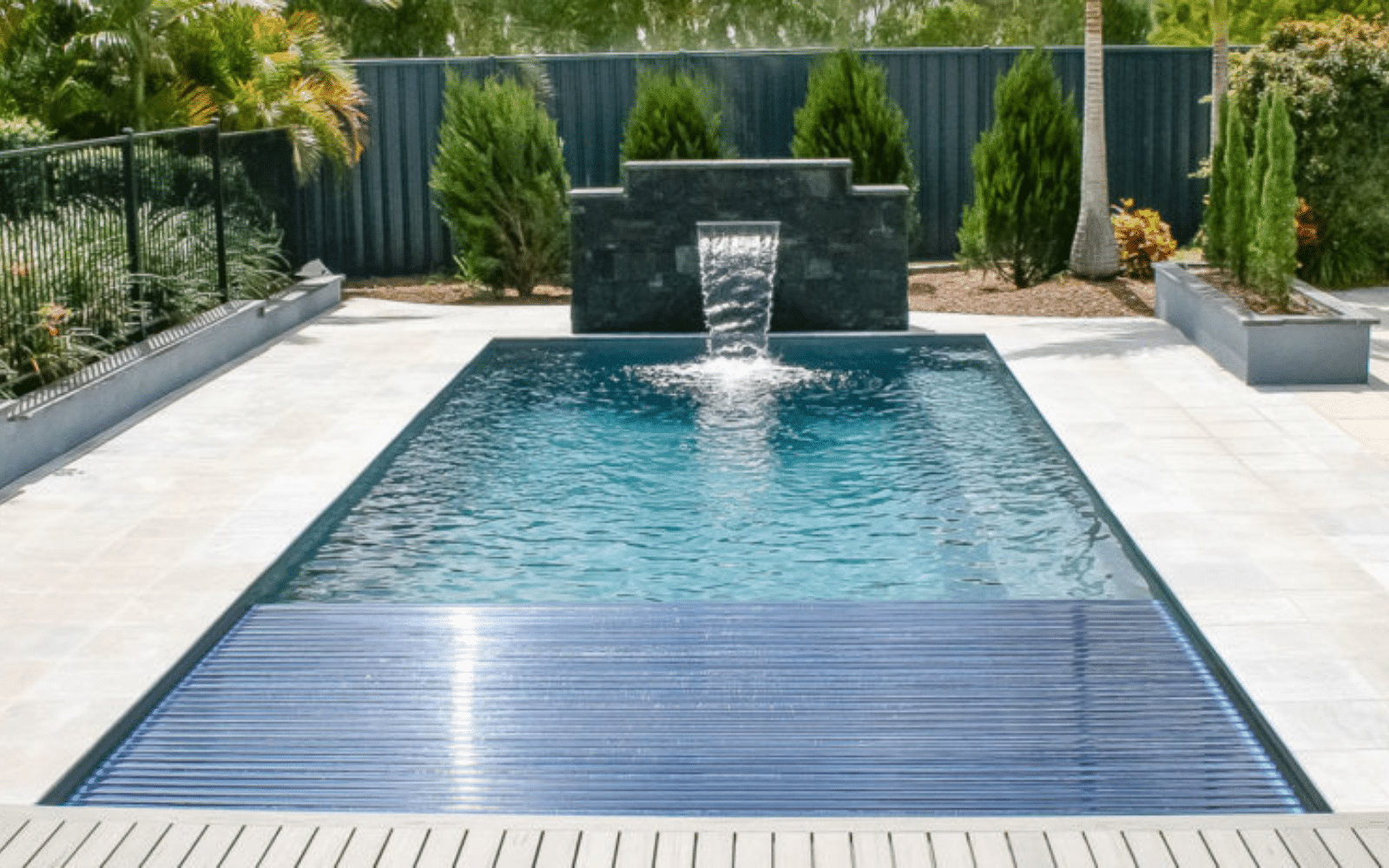
Available in 3 sizes 7.9m-9.9m
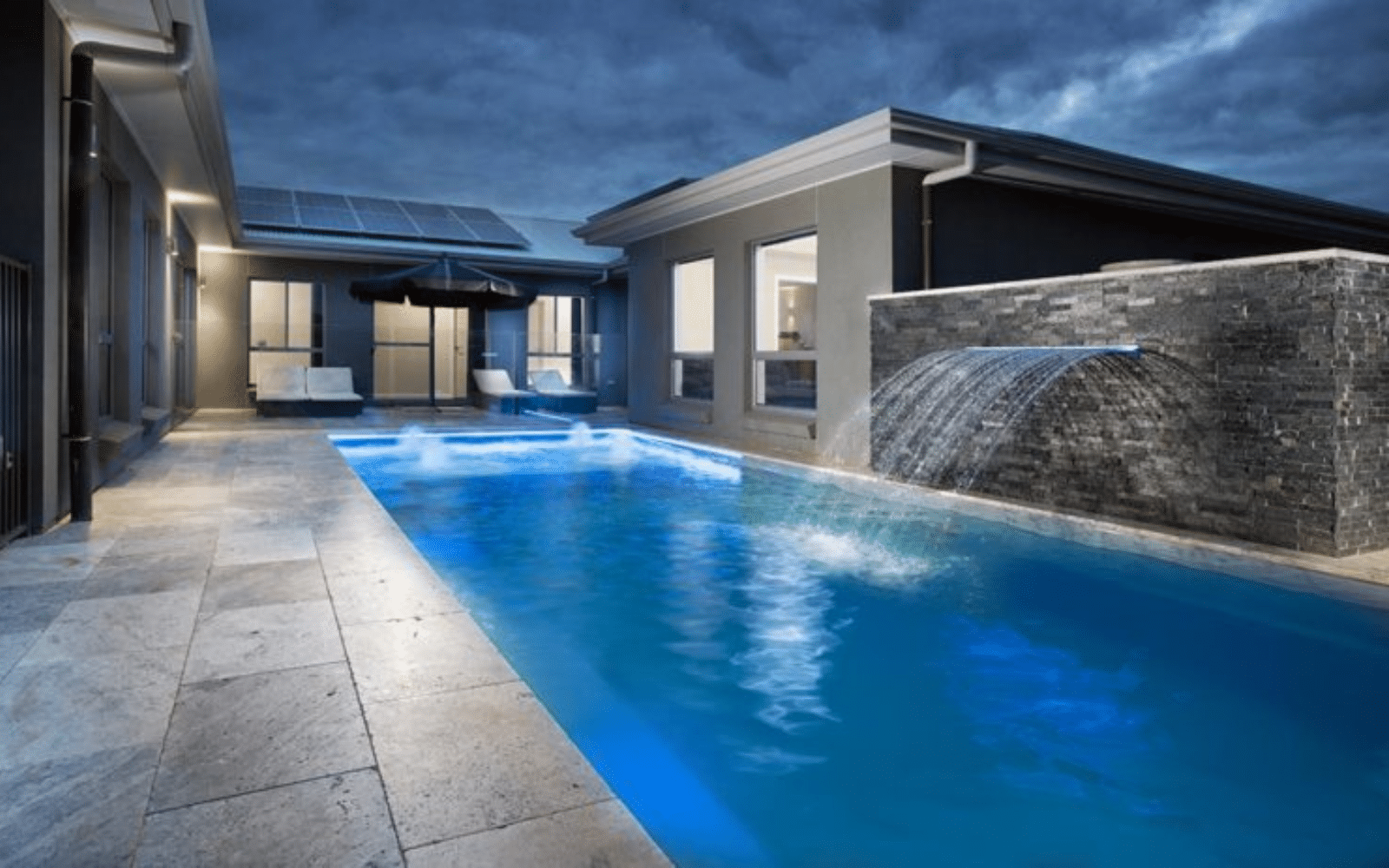
Available in 2 sizes 8.5m-9.5m
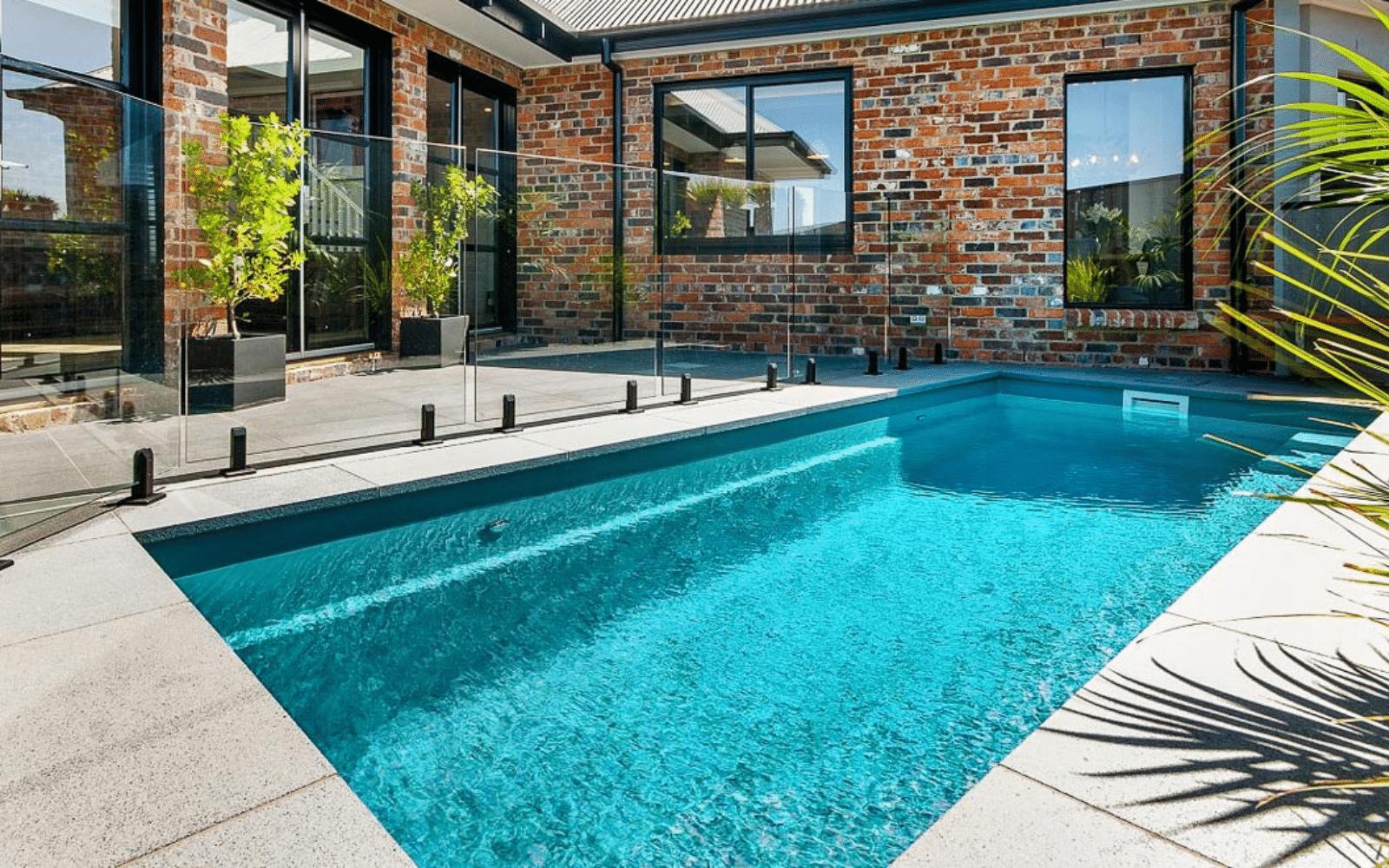
5.70m Long by 2.25m Wide
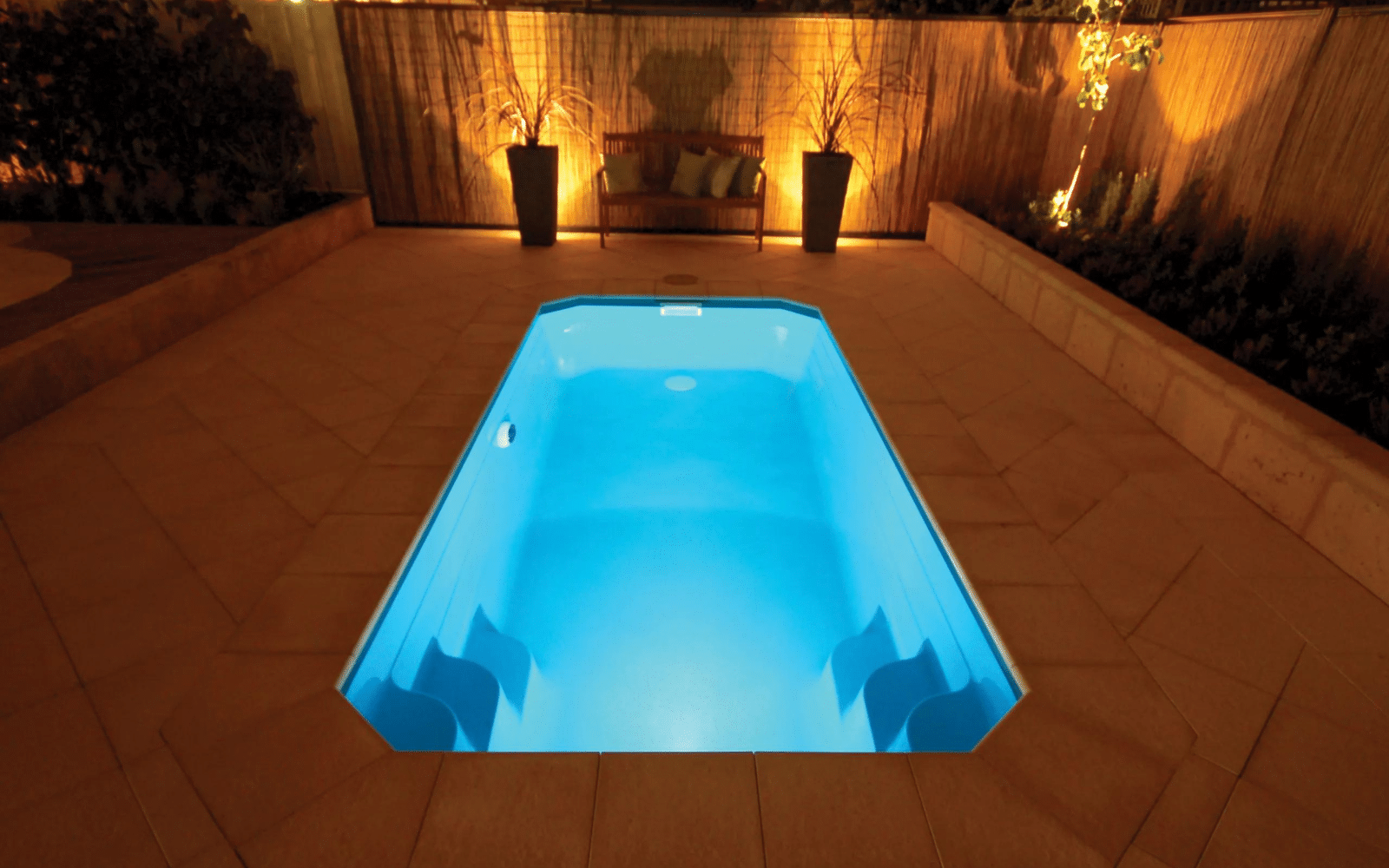
4.65m Long by 2.20m Wide
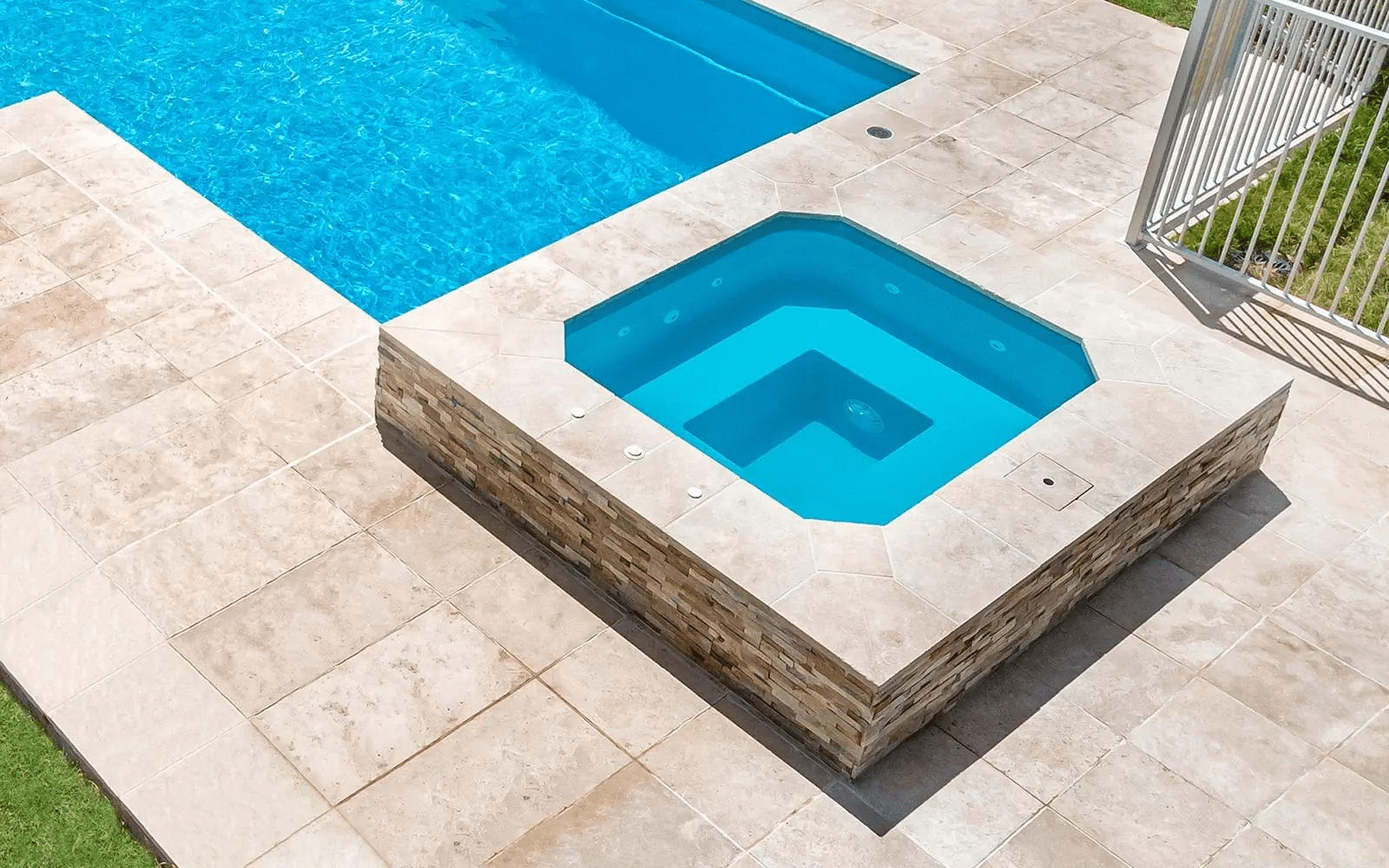
1.80m Long by 1.60m Wide
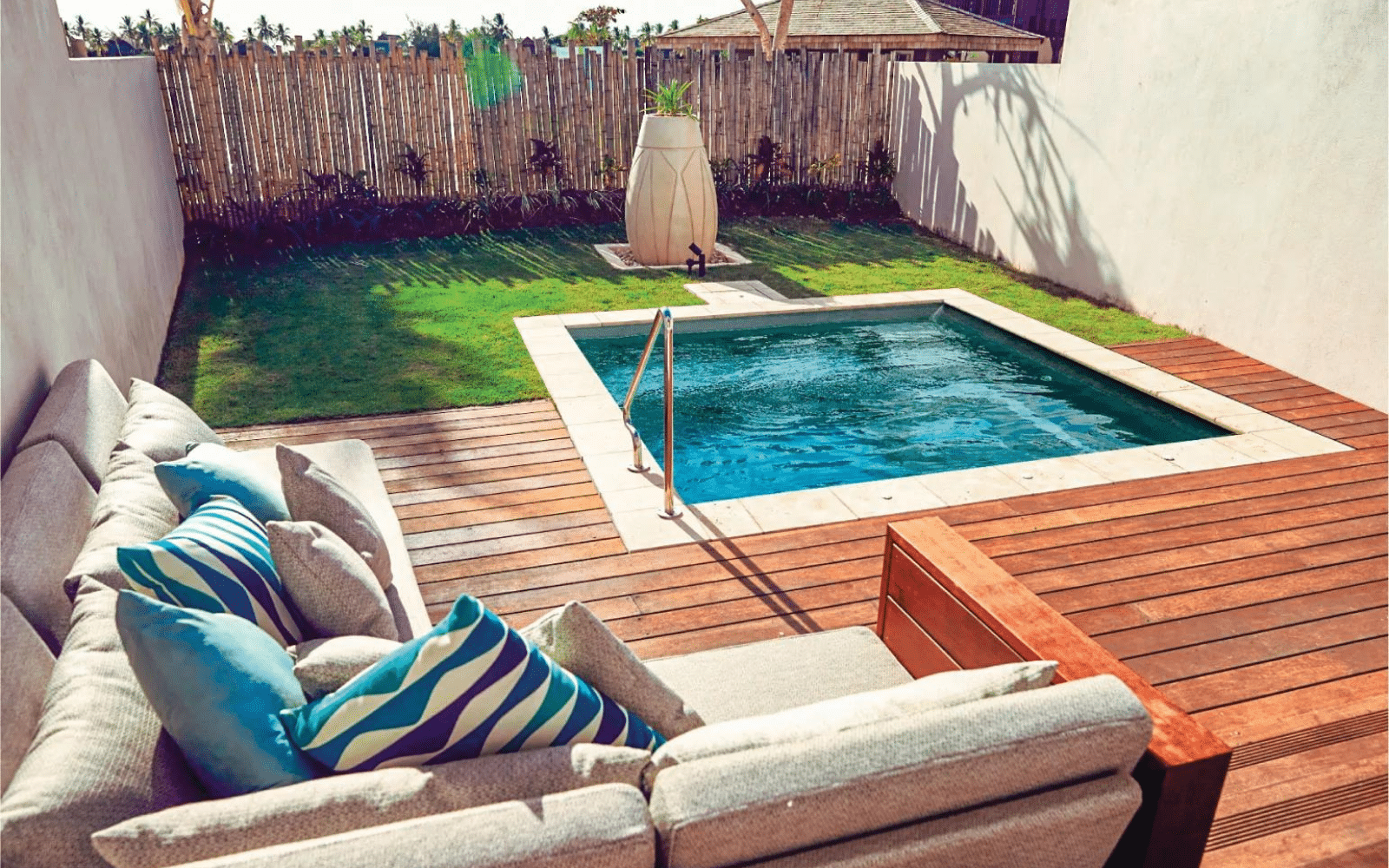
2.90m Long by 2.10m Wide
swimming pool decking, vinyl pool fence, element pools auckland, inground pools auckland, concrete swimming pool cost nz
When considering an inground pool, it's essential to understand the various types available, including fiberglass, concrete, and vinyl liner options. Each type has its unique benefits and drawbacks, making it crucial for potential buyers to evaluate their specific needs and preferences.
For instance, fiberglass pools are known for their quick installation and low maintenance, while concrete pools offer customization and durability. Vinyl liner pools, on the other hand, are often more budget-friendly but may require more frequent replacements. Understanding these differences can help buyers make informed decisions.
The cost of installing an inground pool can vary significantly based on several factors, including size, location, and chosen materials. Homeowners should consider these elements when budgeting for their pool project to avoid unexpected expenses.
For example, larger pools generally require more materials and labor, which can increase costs. Additionally, geographical location may affect pricing due to differences in labor rates and local regulations. It's advisable to obtain multiple quotes and compare them to ensure a fair price.
Maintaining a fiberglass pool is essential for ensuring its longevity and optimal performance. Regular upkeep tasks include cleaning, monitoring water chemistry, and inspecting pool equipment to prevent issues before they arise.
For instance, using a pool cover can help keep debris out and reduce cleaning time. Additionally, checking the pH and chlorine levels regularly will help maintain water clarity and safety. Following these maintenance tips can enhance the enjoyment and lifespan of a fiberglass pool.
Pool safety regulations in New Zealand are designed to ensure the safety of pool owners and visitors. Understanding these regulations is crucial for compliance and to avoid potential penalties.
Key regulations include the requirement for pool fencing and ensuring that gates are self-closing and self-latching. Homeowners should familiarize themselves with local laws and guidelines to ensure their pool area meets safety standards, providing peace of mind for families and guests.